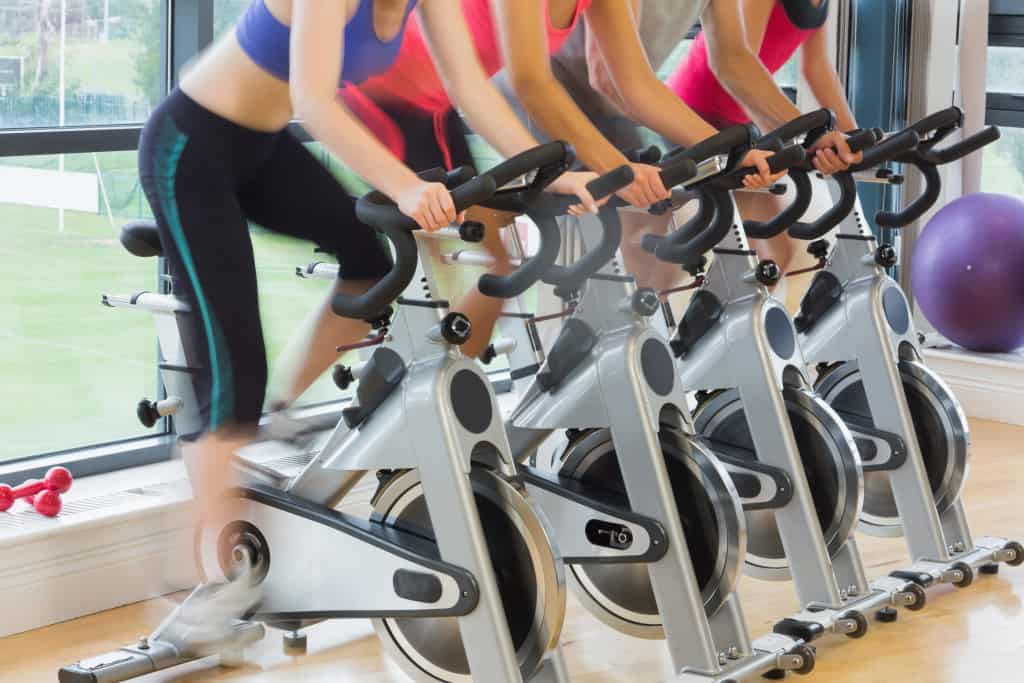After an intense workout, most people look forward to their well-deserved rest. It’s natural to want to unwind in a massage spa and get some relief from the soreness. Hunger and thirst are also to be expected; anyone would feel like grabbing a snack and cooling down after running a few miles.
But some people want to be specific. They might be looking to improve performance or maximize gains in strength and muscle growth. And as you become more committed and enthusiastic about physical fitness, you might share some of these goals.
At some point, you’ll want to focus not only on the training itself but on what comes after. When it comes to muscle recovery, there are several options you can explore, ranging from simple hacks to advanced techniques. What works, and what might be just a waste of time?
Cover the basics
Before you explore any alternative methods of recovery, consider the natural options first. Simple things such as adequate hydration and proper nutrition will go a long way towards improving your recovery. Replenishing your fluids will prevent dehydration, which can increase the risk of fatigue or injury. Consuming protein-rich foods will boost your body’s ability to repair and build those stressed muscles.
Getting enough sleep every day is vital, not only to your workout performance but to your overall health and well-being. Many people try to squeeze in some exercise at the end of a long day at work. Since a spike in physical activity late in the day can disrupt your sleep patterns, you can end up getting lower-quality rest.
Thus, it’s not only the number of sleep hours that should be monitored. Keep an eye on the timing of your workouts, and remember to give yourself a couple of rest days each week. Think long-term; it’s okay to miss some exercise on busy days, as long as you maintain consistency over the months and years to come.
Explore advanced options
Our understanding of the human body has come along in leaps and bounds over the years. Decades ago, it wasn’t uncommon for professional athletes to show up for the job. They relied mostly on innate talent and work ethic. Of course, they trained hard, but it wasn’t systematic.
Today, athletes follow a strict regimen that encompasses not only training but other aspects such as nutrition and recovery. This change is based on scientific studies as well as technological developments that allow for closer monitoring and measurement of performance. And such innovation continues to offer new ways for improved recovery.
You can wear compressive garments, or stretch out with a foam roller. You can immerse yourself in cold water or an ice bath, take certain supplements, or hook yourself up to an electrostimulation machine. All of these techniques are backed by science. But before you take the plunge, consider the limitations of such research.
Scientific studies of recovery can be better at indicating potential rather than proving outright merit. Researchers are faced with real-world constraints on logistics and experimental design. To eliminate other variables, testing is often limited to a small sample size and a narrow range of training activities or biometrics. Even positive results might only reveal benefits; studies often conclude that further research is needed.
Find what works for you
The research into recovery is still in its early stages. And even as we make progress, it’s hard to account for individual differences in physiology. When you throw in multiple factors, such as the type of training, frequency and intensity, along with individual lifestyle preferences, it’s pretty clear that everyone’s mileage can vary.
If you want to find the best method of boosting recovery, at some point, you’ll have to approach it as a personal question. What works for you? To answer that, you can start from simple criteria. What makes you feel good before, during, and after a workout?
Try out different methods of recovery in isolation for some time. Take detailed notes. Measure your desired gains with each method. How many additional reps are you able to execute? What is your average energy level throughout each day? Do you see significant improvement in muscle mass or definition?
The best form of recovery will depend on the context. As your body changes, so will the impact of your training. And you can make changes to your training program as well. Ultimately, if you want to answer this question effectively, you’ll have to take matters into your own hands and do some research with yourself as the subject.




